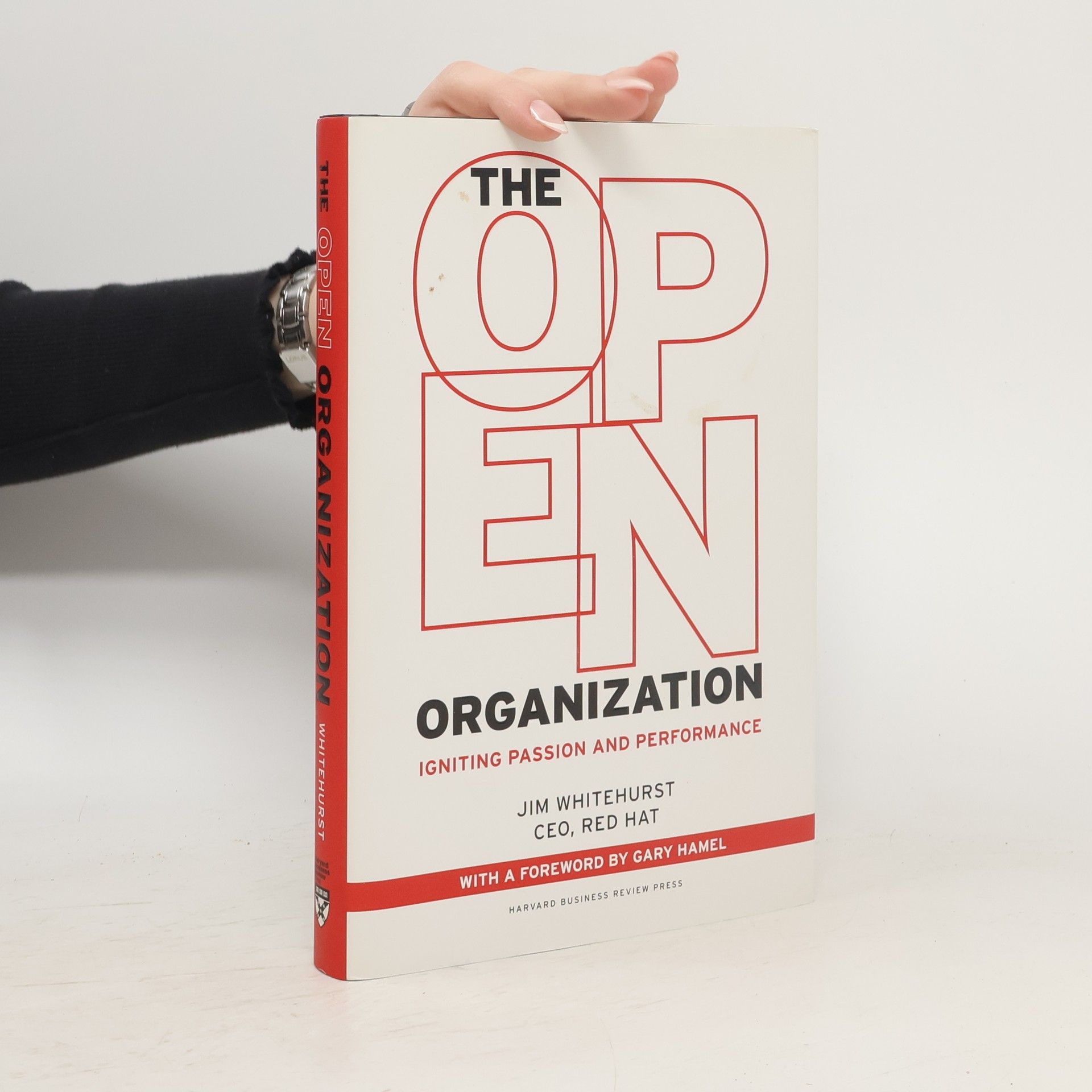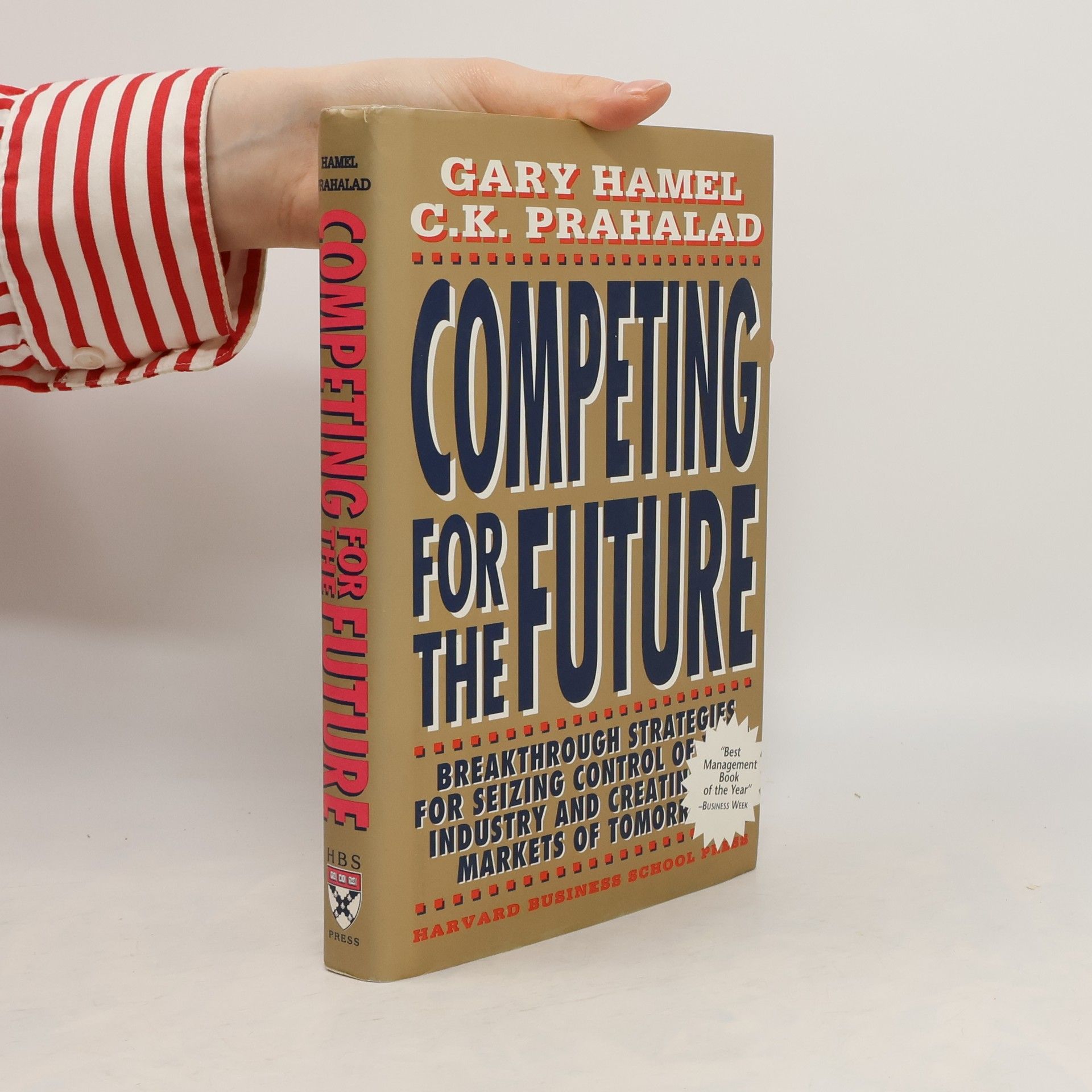Budoucnost managementu
- 244 stránok
- 9 hodin čítania
Nejnovější kniha jednoho z nejvýznamnějších světových myslitelů a poradců v oboru managementu dokládá, že hlavním zdrojem dlouhodobého podnikatelského úspěchu mohou být dnes i napříště jen inovace managementu – nové způsoby mobilizování lidského potenciálu, alokování zdrojů a tvorby strategií. Protože většina firem organizovaný proces radikálních inovací managementu postrádá, Hamel – s využitím případových studií inovačních přístupů některých pozoruhodně úspěšných firem (W. L. Gore & Associates, Best Buy, Whole Foods Market, Google, IBM, Rite-Solutions, Procter & Gamble, Whirlpool, GE, Toyota, Visa atd.) – ukazuje, jak se zbavit starých, tradičních dogmat a jak změnit vaši firmu v inovátora managementu, a zajistit jí tak dlouhodobou prosperitu.










